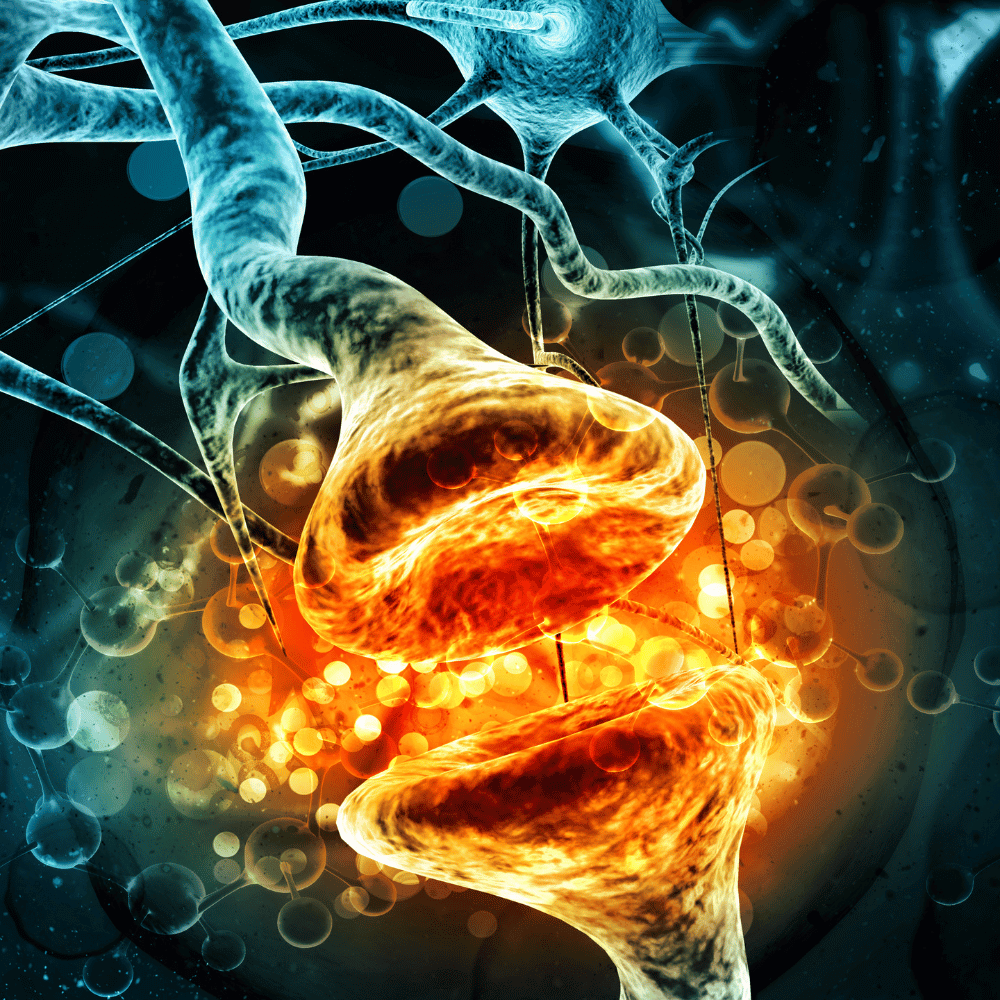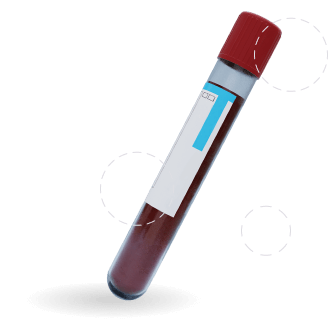
Medical Weight Loss Explained
A lot is said about medical weight loss but we are here to debunk the myths for you.
Blood Tests > Hormone Imbalance Testing

Find Out More


Your hormones play a critical role in the functioning of your body, as they affect many biological processes and mechanisms. Throughout your life, your hormone levels change.
However, abnormal hormone levels are associated with illnesses, including diabetes and thyroid conditions, and could wreak havoc on your health, weight, fertility, and mood, regardless of whether you are male or female.

Abnormal levels of certain hormones are associated with a wide range of symptoms and illnesses. If a hormone imbalance is left untreated, it can result in medical conditions such as immune dysfunction, growth disorders, reproductive disorders, bone and muscle health issues, as well as symptoms like fatigue, acne, abnormal hair growth or loss, and fluctuations in weight.
Hormone profile testing differs between men and women due to anatomical differences. For example, a women’s hormone profile test will assess different levels of sex hormones compared to a men’s test. However, it is equally important to have it done for both genders.
Male hormone profile testing typically includes tests for follicle-stimulating hormone (FSH), luteinizing hormone (LH), prolactin, sex hormone binding globulin (SHBG), free androgen index, progesterone, glucose, and dehydroepiandrosterone sulfate (DHEA sulfate) to help identify underlying causes of certain health conditions such as fatigue, low libido, erectile dysfunction, mood changes, male cancers, and more.
It is advisable to undergo a male hormone profile testing if you have a history of steroid use, testicular tumours, adrenal gland disorders such as congenital adrenal hyperplasia, or if you are aged 40 or older.


Female hormone profile testing typically includes tests for hormones such as follicle-stimulating hormone (FSH), luteinizing hormone (LH), prolactin, testosterone, sex hormone binding globulin (SHBG), free androgen index, progesterone, and oestradiol. These tests help to understand certain conditions like delayed development, infertility, changes in skin, hair, weight, or mood, menopause, and polycystic ovary syndrome (PCOS).
It is recommended to get a female profile blood test done if you are your menopausal years, have difficulty conceiving or maintaining a pregnancy, or experiencing irregular menstrual periods, abnormal vaginal bleeding, vaginal dryness, acne, or abnormal hair growth.
If you are experiencing any of the following symptoms and conditions, we recommend you book an appointment and get a hormone profile blood test done:
Men:
Women:

Use our online booking engine or book your test by giving us a call.
On the online booking engine select the “appointment type” you need.
You will be seen by one of our friendly phlebotomists or trained clinicians.

Please ensure you arrive for your blood test adequately hydrated. It is important to drink plenty of water beforehand to facilitate an easier blood draw and ensure accurate test results. Staying hydrated also helps maintain blood volume and circulation, which can contribute to a more comfortable experience during your procedure. If you have any questions about how to prepare or what to expect, feel free to ask our staff when you arrive. Your comfort and well-being are our top priorities.

Your hormone test involves a straightforward procedure using a blood sample. A needle is typically inserted into a vein, usually located on the inner arm, to draw a small amount of blood. During this process, you may experience a slight discomfort, but typically does not last long. Remember, it is a routine procedure that is generally well-tolerated, and our trained medical staff will ensure your comfort throughout the process.

Hormonal issues are complex and require guidance from a doctor. Therefore, a doctor’s request or a consultation with one of our GPs is necessary to proceed with hormone testing. If you are taking the results to your requesting doctor, we will email them directly to you. For patients who have had a consultation with us, we prioritise a follow-up call to discuss your results and outline any necessary next steps. After this discussion, we will also email you a copy of the results for your records and further review. This process ensures that you receive comprehensive support and understanding regarding your hormonal health.
No
Hidden Charges
Transparent fees. The price you see is the price you pay.
No GP consultation
needed
No GP appointment requirement for blood tests
Established
since 1998
Experienced doctors & a professional team.
Strictly
confidential
Your medical records are kept private at all times.
For Women:
For Men:
We offer a wide range of private blood tests in London. Same-day appointments are available 5 days a week.
We work with experienced consultants & healthcare professionals who have received positive feedback from our patients, and with whom we have established long-term relationships.
Latest Episode
Tune in to our podcast to explore the world of healthcare and learn from distinguished special guests. We cover everything from preventative measures to cutting-edge treatments so that you can stay informed and up-to-date on health-related things.

A lot is said about medical weight loss but we are here to debunk the myths for you.

Tourist in London and need a GP? Get fast, private care for illnesses, injuries, or lost medication. No registration needed.

With NHS appointments harder to access, many people are turning to private GPs for faster, more convenient care.
Subscribe for latest updates & news


From same-day private GP and blood test appointments to visa medicals, a sexual and reproductive health clinic, and preventative health screenings, we are here to help.
Contact Us
Accepted Insurance Companies






Please note that Walk-in Clinic is a private medical centre & not an NHS service. Harley Walk-in Clinic Ltd company registration no. 07472804